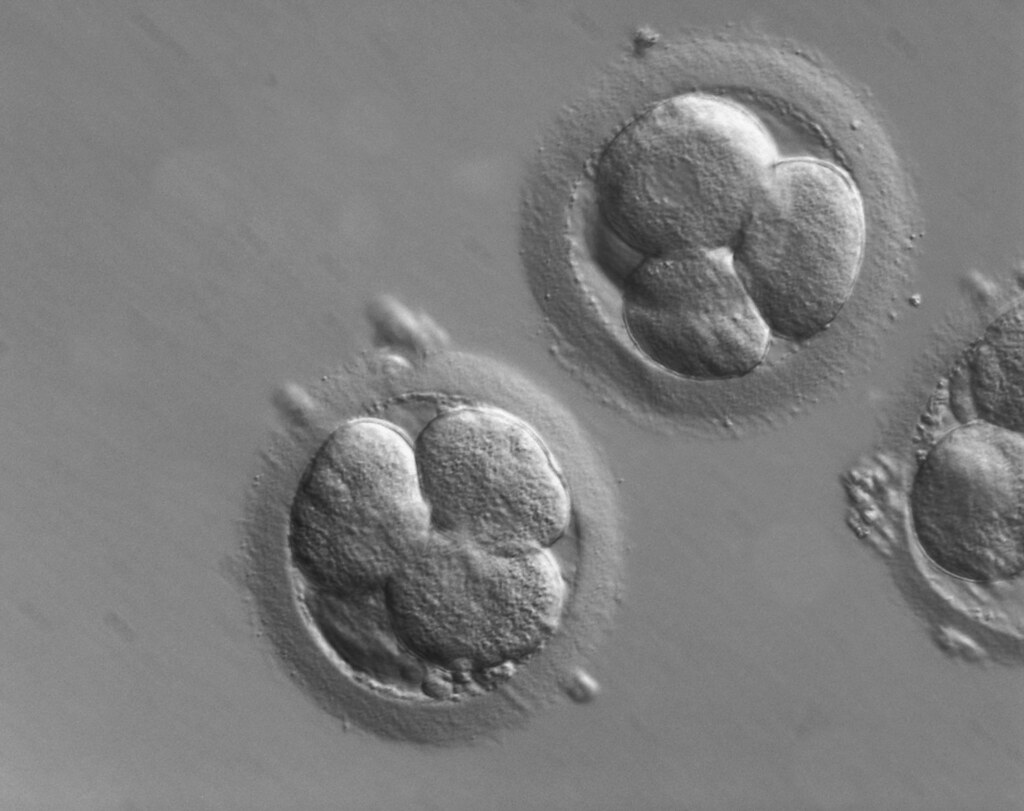UK fertility watchdog considers laws for gene editing and lab-grown eggs
By Hannah Devlin,
The Guardian
| 08. 26. 2022
Human genome editing and lab-grown eggs that could theoretically allow same-sex couples to have biological children are among the anticipated scientific advances being discussed by the fertility watchdog to “future-proof” any prospective laws.
As it pushes for the biggest overhaul of fertility laws in 30 years, the Human Fertilisation and Embryology Authority (HFEA) is planning for a range of new reproductive treatments that scientists say could be just a few years away, according to a leading scientist advising the HFEA on its proposals.
The HFEA believes the 1990 act that governs the fertility sector needs updating and has previously said it will seek greater powers to fine clinics and changes to rules on donor anonymity, in recommendations that it will put to the government later this year. Now, a leading scientist who is advising the HFEA on its proposals says the regulator is also discussing whether to recommend changes that could pave the way for the use of lab-grown eggs and sperm, and human genome editing, if these techniques are shown to be sufficiently safe and medically justified...
Related Articles
By Dana Mattioli, The Wall Street Journal | 04.15.2025
Image "Elon Musk" by Debbie Rowe on Wikimedia Commons
licensed under CC by S.A. 3.0
Ashley St. Clair wanted to prove that Elon Musk was the father of her newborn baby.
But to ask the billionaire to take a paternity...
By Emma McDonald Kennedy
| 04.24.2025
A Review of Eggonomics: The Global Market in Human Eggs and the Donors Who Supply Them by Diane M. Tober
A recent journalistic investigation of the global egg trade at Bloomberg put the industry’s unregulated practices and their exploitative implications back in the spotlight. Diane Tober’s book Eggonomics: The Global Market in Human Eggs and the Donors Who Supply Them, published in October of last year, delves even more deeply into the industry with a thorough examination of egg...
By Sarah Jones, Intelligencer | 04.17.2025
From the Natalism website
Elon Musk may not have appeared at the Natal Conference in Austin, Texas, this year, but he didn’t have to. The very concept of pronatalism owes its current prominence to him and his obsession with fertility...
By Staff [cites CGS' Katie Hasson], Radio New Zealand | 04.05.2025
At a time where some countries are struggling with low birth rates, the voices for pronatalism are getting louder. But it’s who’s sounding the call for more babies that has people talking.
Tech giant Elon Musk has fourteen children and...




